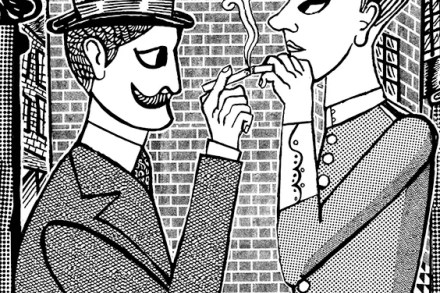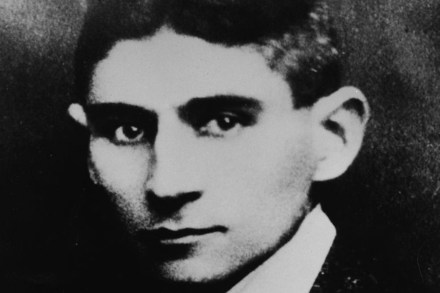Why must we be in constant battle with the ocean?
I recently learned to dive in the bay of Dakar. It was exciting. I’d started learning in a Leeds swimming pool and though I knew the ocean would feel different, I didn’t expect it to feel comfortable. It shouldn’t. It is not my element, and humans have long since left it to the rest of the ocean’s creatures. I also didn’t think the ocean would sound like my neck when I roll it during yoga: that same crackle. With their remarkable sonar, dolphins can even tell when a human is pregnant That the ocean is not quiet is one of the most pleasing revelations of the past century (I mean




















